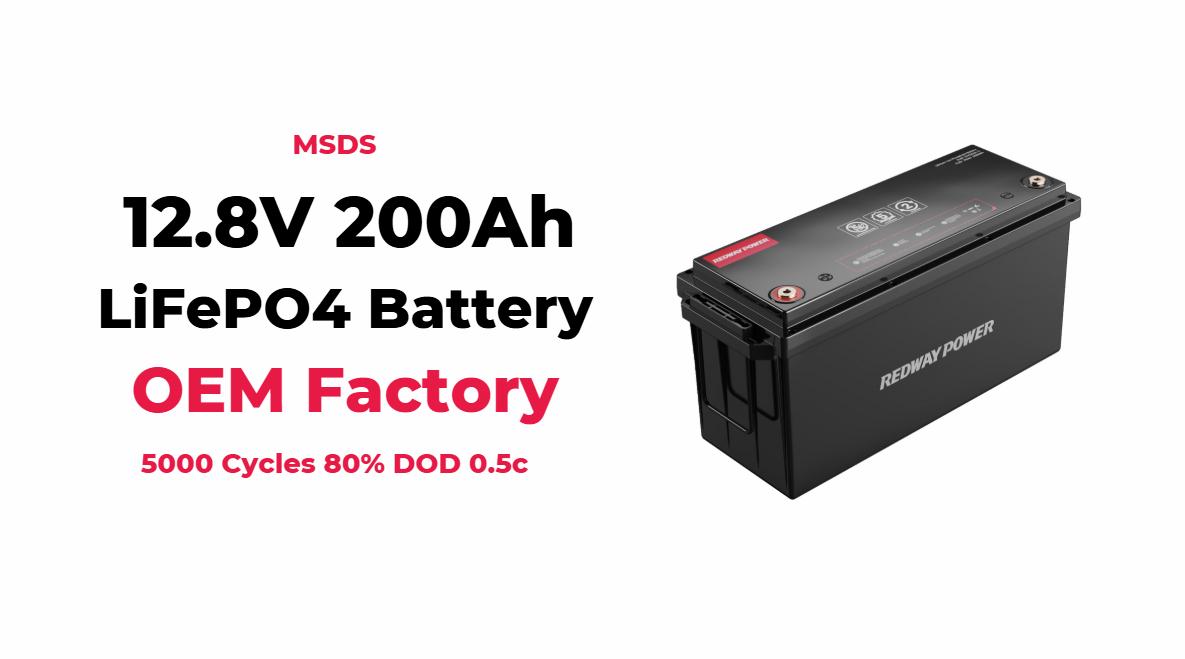
Exploring Emerging Technologies in Lithium Batteries
Emerging technologies in lithium batteries, including self-heating lithium batteries and solid-state lithium metal batteries, are revolutionizing energy storage solutions. These advancements enhance performance, safety, and efficiency, particularly in applications such as electric vehicles and renewable energy systems.
What are the current trends in lithium-ion technology?
Current trends in lithium-ion technology include the development of solid-state batteries, which replace liquid electrolytes with solid ones to improve safety and energy density. Additionally, innovations like self-heating batteries allow for faster charging in cold conditions. Companies are also focusing on enhancing battery life and reducing costs to make electric vehicles more accessible.Trends Chart
| Trend | Description |
|---|---|
| Solid-State Batteries | Improved safety and energy density |
| Self-Heating Technology | Enables fast charging in cold environments |
| Cost Reduction | Efforts to make EVs more affordable |
How do self-heating lithium batteries function and benefit users?
Self-heating lithium batteries incorporate a heating element that activates when temperatures drop, maintaining optimal operating conditions. This feature prevents issues like lithium plating during charging, which can occur at low temperatures. By ensuring consistent performance, these batteries can charge more efficiently and extend their lifespan.Self-Heating Functionality Chart
| Feature | Description |
|---|---|
| Heating Element | Activates to warm battery cells |
| Temperature Regulation | Maintains optimal conditions for charging |
| Enhanced Performance | Prevents capacity loss due to cold temperatures |
What advantages do solid-state lithium metal batteries offer?
Solid-state lithium metal batteries present several advantages over traditional lithium-ion designs, including higher energy density, improved safety due to reduced flammability, and longer cycle life. These characteristics make them particularly suitable for electric vehicles and portable electronics, where weight and efficiency are critical.Solid-State Advantages Chart
| Advantage | Description |
|---|---|
| Higher Energy Density | More energy stored per unit weight |
| Improved Safety | Reduced risk of fire hazards |
| Longer Cycle Life | Increased longevity compared to traditional types |
How will advanced batteries shape the future of electric vehicles?
Advanced batteries, such as solid-state and self-heating varieties, will significantly impact the future of electric vehicles (EVs) by enabling longer ranges, faster charging times, and enhanced safety features. As manufacturers adopt these technologies, EVs will become more appealing to consumers due to improved performance and reliability.EV Battery Impact Chart
| Impact | Description |
|---|---|
| Longer Range | Higher energy density allows for extended travel |
| Faster Charging | Self-heating technology enables quick recharges |
| Enhanced Safety | Solid-state designs reduce fire risks |
What are the benefits of using lithium-ion solar batteries?
Using lithium-ion solar batteries offers numerous benefits, including higher efficiency in storing solar energy, longer lifespans compared to lead-acid alternatives, and lower maintenance requirements. They also have a smaller footprint, making them ideal for residential solar systems that require compact storage solutions.Solar Battery Benefits Chart
| Benefit | Description |
|---|---|
| Higher Efficiency | More effective at storing solar energy |
| Longer Lifespan | Typically lasts up to 10 years |
| Lower Maintenance | Requires less frequent upkeep compared to lead-acid |
Where can you find reliable information on lithium battery innovations?
Reliable information on lithium battery innovations can be found through manufacturer websites, academic journals focused on energy storage technologies, and industry publications. Online platforms like Battery University provide comprehensive insights into advancements in battery technology and best practices for usage.
Expert Views
Emerging technologies in lithium batteries are set to redefine energy storage,” states Dr. Lisa Green, an expert in sustainable energy solutions. “With innovations like self-heating systems and solid-state designs, we can expect significant improvements in performance and safety across various applications.”
FAQ Section
Q: Are self-heating lithium batteries safe?
A: Yes, when designed correctly, they enhance safety by preventing issues associated with low temperatures during charging.Q: How long do solid-state lithium metal batteries last?
A: Solid-state batteries typically offer a longer lifespan than traditional lithium-ion counterparts, often exceeding 10 years with proper care.Q: Can I use a regular charger for advanced lithium batteries?
A: It is essential to use chargers specifically designed for your battery type to ensure safe charging practices.
